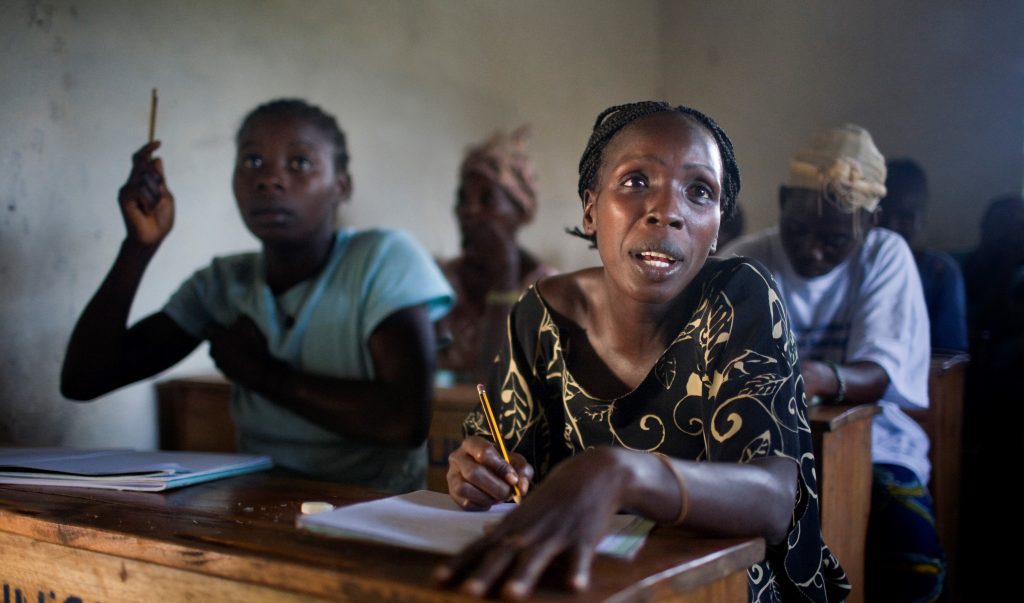While everyone agrees that adult education has major social, economic and civic benefits, it remains a marginal concern for policy-makers. How, asks Sir Alan Tuckett, can we convince governments to make policies that live up to their commitments?

Adult learning and education makes a difference. It enhances people’s dignity and strengthens civil society. It supports the development of skills for the world of today’s work and the capacity to address the challenges of rapid technological, industrial, ecological demographic change. It fosters inter-generational learning, and enriches learners’ engagement with arts, respect for diversity and difference. Studies show its positive health impact, its contribution to the resettlement of offenders, and the way it enriches later lives. Most importantly adult learning and education gives a voice to people too often silenced in the debates that shape our future. In the words of Rethinking Education, adult learning and education fosters the common good.
All this is endorsed by international conference after international conference. The International Labour Office calls for universal lifelong learning; the World Economic Forum argues that lifelong learning is of key importance in responding to the development of robotics, artificial intelligence and the Fourth Industrial Revolution. The Programme for the International Assessment of Adult Competencies (PIAAC) surveys of adult skills, administered by the Organisation for Economic Cooperation and Development (OECD), are modified to recognise the breadth of learning relevant to twenty-first century work. Governments sign up to major commitments to improve literacy, to secure the right to education for women as well as girls, and to no one being left behind. Continue reading
